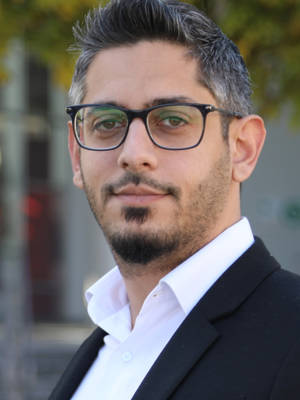Within the protracted conflict environment in Cyprus, security comes at the top of the list of prime issues of concern for both the Greek Cypriots and Turkish Cypriots, albeit generally based on very different perceptions of threat. This is not surprising given the legacy of the island's violent past and the two communities' very different views of what constitutes the Cyprus conflict and how it should be resolved. Indeed the long-term and still on-going ethno-political rivalry between the two sides has always been evident in their leaderships' seriously diverging geostrategic priorities as expressed rhetorically as well as by political action. In the many decades since the ethnic segregation in the 1960s followed by the division of the island in 1974, the communities have evolved into two separate societies. This reduced to a minimum the resources at their disposal in terms of habits, edifices and culture to support any meaningful rapprochement. The lack of such resources, added to the embedded structures of historic rivalry and actual imbalances, means that many fears and feelings of insecurity exist at various levels on both sides within the context of the continuing conflict, of the negotiations to reunify the island, and possible co-existence in a common state. These fears and insecurities relate to not only what is commonly understood from security, i.e. military/ physical security, but the societal, economic, and political aspects of security too. Be it in the context of management of continuing conflict or of post-conflict peace building, a proper understanding of threat perceptions and security fears in the two Cypriot communities is obviously vital.
This project is aimed at contributing to a better insight about the security perceptions in Cyprus associated with co-existence and in the above-mentioned broad sense. It will involve studying elite and public perceptions of and discourses on issues and practices relevant to co-existence that are seen directly or indirectly to involve a 'threat'. The project uses methodologies such as public surveys, focus group studies, interviews, political rhetoric and media content analysis, etc.
This project continues to develop as one of the leading initiatives of the Centre.








